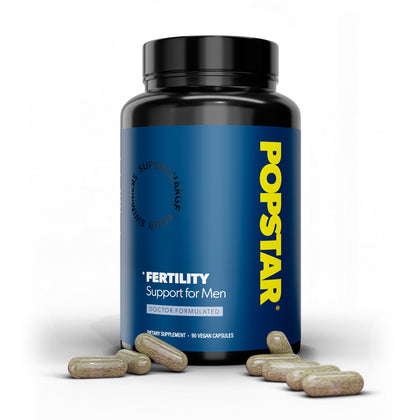

Sexual lubricants have become a ubiquitous part of many couples' intimate experiences, enhancing pleasure and comfort during sexual activity. However, concerns have arisen regarding their potential impact on fertility. With conflicting information circulating, it's essential to delve into the scientific evidence to understand the relationship between sex lube and fertility.
Understanding Fertility
Before delving into the topic, it's crucial to understand what affects fertility. Fertility refers to the ability to conceive a child. Numerous factors influence fertility, including age, overall health, reproductive health, genetics, and lifestyle choices.
What is Sex Lube?
Sexual lubricants, commonly known as lubes, are products designed to reduce friction during sexual activity, enhancing comfort and pleasure. They come in various forms, including water-based, silicone-based, oil-based, and hybrid formulas. Each type has its unique characteristics and benefits.
The Concerns
Concerns regarding the impact of lubricants on fertility primarily revolve around whether certain ingredients in lubes could harm sperm or interfere with conception. Some studies have suggested that specific lubricants may have adverse effects on sperm motility, viability, and DNA integrity, potentially hindering conception.

Exploring the Evidence
Several studies have investigated the effects of lubricants on sperm function and fertility. While some early studies suggested that specific lubricants, particularly those with spermicidal properties or osmolality imbalances, could impair sperm function, more recent research has provided nuanced insights.
Lubricant Composition
The composition of lubricants plays a significant role in their impact on fertility. Water-based lubricants are generally considered sperm-friendly and compatible with condoms. Silicone-based lubricants are also often sperm-friendly but may be more challenging to wash out. Oil-based lubricants, while offering excellent lubrication, can damage latex condoms and may affect sperm motility. It's essential to choose lubricants specifically labeled as sperm-friendly if trying to conceive.
pH and Osmolality
The pH and osmolality of lubricants can influence sperm function. Lubricants with osmolalities similar to semen are less likely to cause sperm damage. Additionally, pH-neutral lubricants are less likely to disrupt the vaginal environment, which is crucial for sperm survival and motility.
Method of Application
The technique of lubricant application can also impact fertility. Applying lubricant directly to the penis or vagina, rather than inside a condom, may reduce the risk of exposure to potentially harmful ingredients.
Individual Variability
It's essential to recognize that individual responses to lubricants may vary. What works well for one couple may not be suitable for another. Couples trying to conceive should consider factors such as personal comfort, allergies, and any existing fertility issues when selecting a lubricant.
Conclusion
In conclusion, while concerns regarding the impact of lubricants on fertility exist, scientific evidence suggests that choosing the right lubricant and using it correctly can minimize any potential risks. Water-based and silicone-based lubricants labeled as sperm-friendly are generally safe options for couples trying to conceive. However, it's always advisable to consult with a healthcare provider if you have specific concerns about fertility or the use of lubricants. Ultimately, maintaining open communication, understanding individual needs, and prioritizing comfort and pleasure are essential for fostering a healthy and fulfilling intimate relationship, whether trying to conceive or not.





